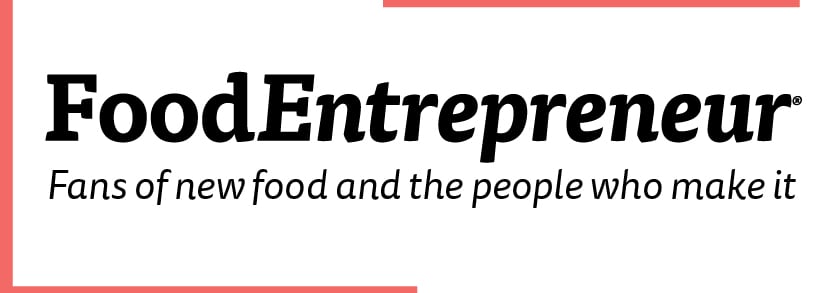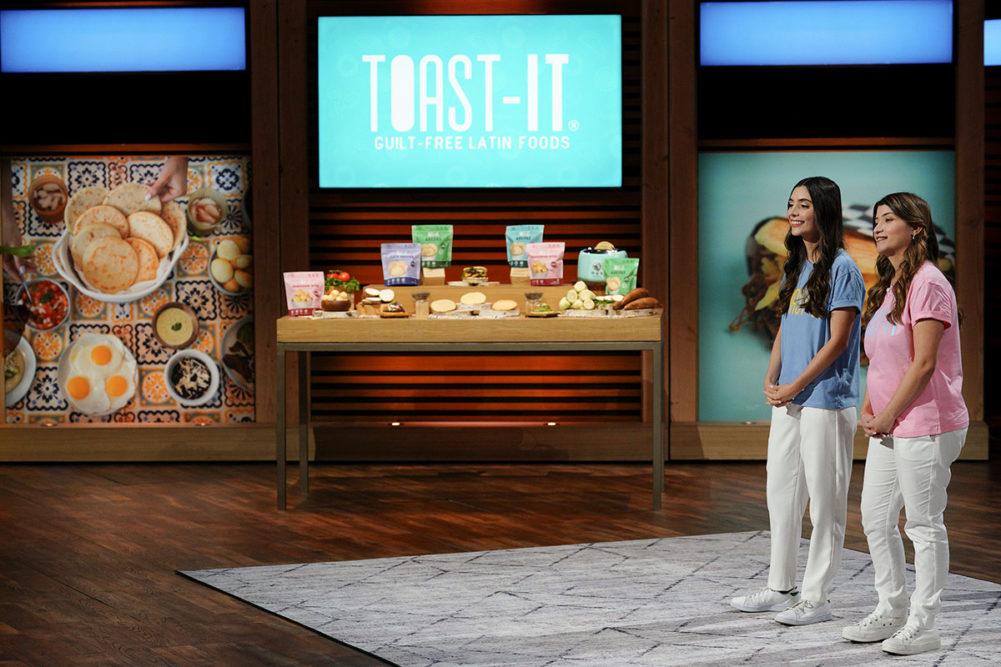 MIAMI — Arepas, a daily staple of many South American diets, are, as Marina Corina “Coco” Viete Cabezas described it, “basically what would happen if a bagel and a tortilla had a baby” that taps into several mainstream trends in the United States.
MIAMI — Arepas, a daily staple of many South American diets, are, as Marina Corina “Coco” Viete Cabezas described it, “basically what would happen if a bagel and a tortilla had a baby” that taps into several mainstream trends in the United States.
“Arepas are amazing, not only because they taste really delicious, but also they are gluten-free, vegan, they don’t have any added sugars or preservatives, and they’re only made with three ingredients,” she said.
So, for her it was a no-brainer to create a convenient take on the traditionally corn-based cake, often consumed in her native Venezuela and Colombia as a part of a sandwich, a side dish or snack. With no prior food manufacturing experience, Ms. Cabezas and her sister, Maria “Mafe” Fernanda Romer, three years ago launched a line of freezer-to-toaster arepas inspired by their mother’s recipe. The pair reeled in an investment to support the growing business during a recent appearance on the entrepreneurial reality series “Shark Tank.”
Their brand, TOAST-IT, offers three frozen arepas styles, including original, chia flaxseed and cassava, marketed as sandwich thins and sold in 900 grocery stores across the United States, including Walmart, Publix and Central Market. Additional products include frozen appetizers such as pandebono bites and plantain buñuelos.
“We shifted from an arepa brand to a guilt-free Latin American brand because we knew there was a lot we could bring to this category, not only arepas but many other products,” Ms. Cabezas told Food Business News. “We’re in frozen now… but as we continue to grow we feel there’s a lot of opportunity outside the frozen category.”
The sisters settled in Miami eight years ago, eager to escape the social and political unrest of their home country. As they completed school and entered corporate jobs, Ms. Cabezas said “we just didn’t have time to prepare the foods we grew up eating, and we found ourselves missing very deeply our mom’s food.” She said they soon discovered “a very interesting hole in the market for products that are authentic” and convenient for busy lifestyles.
“Also, we found most Hispanic products that are available are full of preservatives and horrible ingredients and that didn’t necessarily meet the needs of the Hispanic population because we’re very used to eating organic and clean products back home,” she said. “So, we thought we could bring a very interesting take on the Hispanic category and innovate with many different products that we grew up eating.”
Longtime fans of “Shark Tank,” the sisters applied to pitch to the program’s panel of wealthy venture capitalists and earlier this year were granted the opportunity. Sitting among the typical tycoons was guest investor Daniel Lubetzky, best known as the founder of Kind Snacks, who ultimately offered to pay $150,000 in exchange for 20% equity in TOAST-IT. The sisters agreed to the terms, later noting he was “our dream Shark” as a fellow Hispanic immigrant and based on his business track record, most recently as the co-founder of SOMOS, a ready-to-eat Mexican food brand. He also is the founder of Camino Partners, a business-building and investment platform.
Following the deal, Mr. Lubetzky said, “Mafe and Coco have built the magical bond of sisterhood into a formidable business partnership. As a confused Mexican Jewish American and co-founder of SOMOS Mexican foods, I love discovering companies like TOAST-IT that have mastered the formula for bringing beloved Hispanic staples to mainstream consumers in a format that is delicious and convenient.”
The episode aired on Oct. 6. Ms. Cabezas described her “Shark Tank” pitching experience as “nerve-wracking” and “surreal,” adding, “it not only provides the opportunity to give your brand a lot of awareness because millions of people watch the show, but also getting feedback from the Sharks … is invaluable, and to get a deal with one of the Sharks has the potential to fuel your brand in a way that is really one in a million.”
With Mr. Lubetzky’s support, the founders of TOAST-IT aim to “bring Latin food to more mainstream markets,” Ms. Cabezas said, citing a lack of lesser-known cuisines on grocery store shelves stateside.
“We feel like Mexican food has become so popular, that people from every nationality know Mexican food so well, but when it comes to South American food or Central American food, it’s really not that widely known, and there are so many dishes that we feel have the potential to become very popular,” she said. “We want to continue to bring our culture and heritage forward in a very delicious way, by providing exciting, delicious and guilt-free products.”Enjoying this content? Learn about more disruptive startups on the Food Entrepreneur page.





